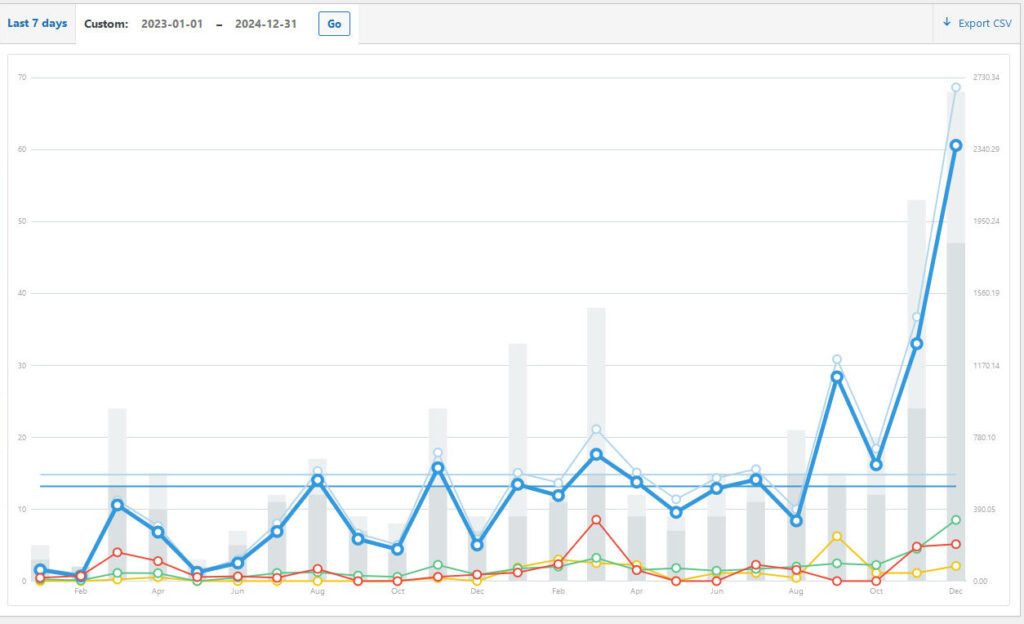But How Effective Is Social Media in the Process?
In the ever-evolving world of search engine optimisation (SEO), link building remains one of the most critical strategies for improving your website’s visibility in search engine results pages (SERPs). At the heart of this process is the concept of backlinking, a practice that, when done correctly, can significantly enhance your online presence.
How Backlinks Improve SERPs
Backlinks are links from external websites that point to your site. They act as endorsements, signalling to search engines that your content is valuable, credible, and worth referencing. The more high-quality backlinks you have, the more likely it is that search engines will rank your website higher in the SERPs. Here’s why:
- Authority Building: Backlinks from reputable websites can improve your domain authority, a key factor in ranking algorithms.
- Traffic Generation: Backlinks can drive direct referral traffic to your site from the linking domain.
- Indexing Assistance: Search engine bots often discover new pages by following links, so backlinks can help your site get indexed faster.
Client Sales Graph
In July 2024 we started SEO link building work for a company who have an ecommerce website. This is a graph of their sales for 2023 and 2024.

Social Media Backlinks: Why They’re No-Follow
While social media platforms like Facebook, Twitter, and LinkedIn are powerful tools for promotion, the backlinks they generate are marked as “no-follow.” This means that these links do not pass link equity (sometimes called “link juice”) to your website. Here’s why:
- Spam Prevention: Social media platforms aim to prevent spamming by ensuring that links posted in comments, posts, and profiles do not unfairly manipulate search engine rankings.
- Equal Playing Field: By marking links as no-follow, platforms maintain neutrality and avoid endorsing specific content over others.
- Focus on User Engagement: Social media’s primary goal is to foster user interaction and content sharing, not directly impact SEO rankings.
Do Social Media Backlinks Still Matter?
Although no-follow links from social media don’t directly influence your SERPs, they are far from irrelevant. However, it’s essential to recognise that their impact is not as significant as do-follow links from authoritative websites. Here’s how they can still benefit your SEO efforts, albeit indirectly:
- Brand Visibility: Social media can amplify your content’s reach, making it more likely to earn natural backlinks from other websites. These natural backlinks, if do-follow, will have a direct impact on your rankings.
- Traffic Boost: Links shared on social platforms can drive significant traffic to your site, increasing user engagement metrics like time on site and page views. While these metrics are useful, they do not carry the same weight as link equity.
- Content Distribution: Sharing your content on social media can help it gain traction, increasing the chances that influencers or authoritative sites will link to it. However, this process is indirect and depends on external factors.
Conclusion
Backlinking is a cornerstone of effective SEO, helping improve SERPs by establishing authority and driving organic traffic. While social media backlinks are no-follow and don’t directly impact rankings, their indirect benefits make them a vital part of your overall strategy. However, it’s crucial to prioritise earning do-follow links from authoritative sites to achieve the most significant SEO benefits. Focus on creating valuable content and leveraging social platforms to distribute it widely—the natural backlinks will follow.

